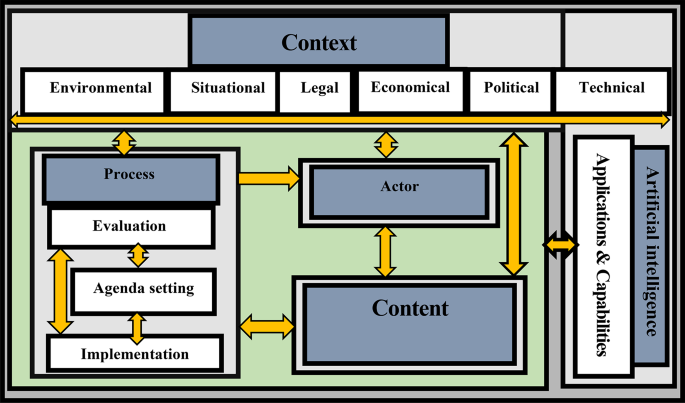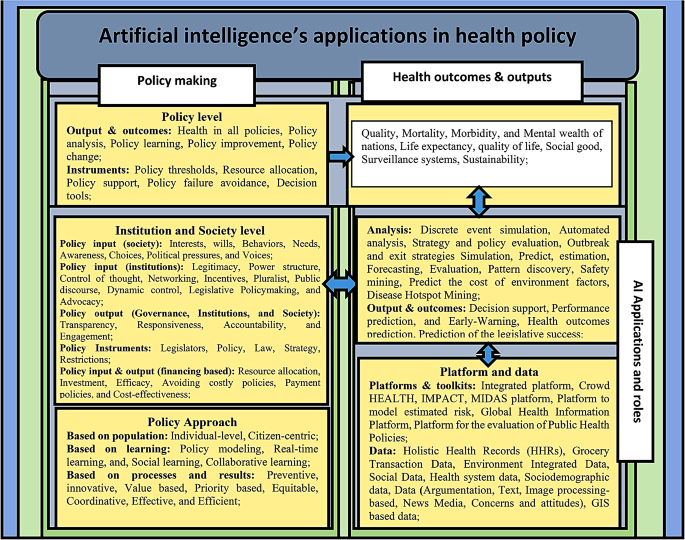
Introduction
Artificial intelligence (AI) has the potential to transform global health policy, according to a recent study published in the Journal of Health Policy and Planning. The research highlights the various ways in which AI can contribute to inclusive healthcare practices and ethical access, while also identifying areas for improvement. The study emphasizes that AI has primarily been used in delivering public services rather than policymaking. However, the researchers argue that AI can play a crucial role in shaping global health policy by providing valuable insights and analysis. By harnessing the power of big data and AI, policymakers can assess the potential outcomes of their interventions and make more informed decisions.
AI’s Potential in Global Health
One of the key benefits of AI in health policy is its ability to analyze heterogeneous data from various sources, including healthcare devices, clinical records, and environmental data. This comprehensive analysis can help policymakers understand the complex factors that influence public health, such as access to healthcare, socioeconomic conditions, and information systems.The researchers also highlight the importance of considering multiple dimensions when developing policy options. They suggest that future studies should provide policymakers with real-time learning opportunities, address pandemics, and prevent non-communicable diseases. By tracking key performance indicators like mortality, morbidity, and life expectancy, policymakers can make evidence-based decisions that improve overall health outcomes.

AI’s Contribution to Global Health Policy
Furthermore, the study emphasizes the need for transparency and accountability in policymaking. AI can help policymakers consider factors like public preferences, societal voices, and institutional transparency when developing policies. This ensures that policies are aligned with the needs and values of the population, ultimately improving life expectancy, quality of life, and social well-being.The researchers also highlight specific areas where AI can enhance global health policy. For example, AI can improve situational awareness by identifying the causes of policy failure and providing early crisis warnings. It can also reduce decision-making bias by exploring the social context and improving communication effectiveness. Additionally, AI applications like geographic information systems (GIS) can integrate and analyze geospatial data, enabling better disease surveillance and prevention.

Conclusion
The study concludes by emphasizing that AI has the potential to reconfigure the policy process by enabling new methods of data collection, analysis, and decision-making. By equipping health systems with AI capabilities, policymakers can make more informed decisions and achieve progressive goals.Overall, this research highlights the significant role that AI can play in shaping global health policy. By leveraging AI’s capabilities, policymakers can improve healthcare access, address inequalities, and make evidence-based decisions that benefit global healthcare.
